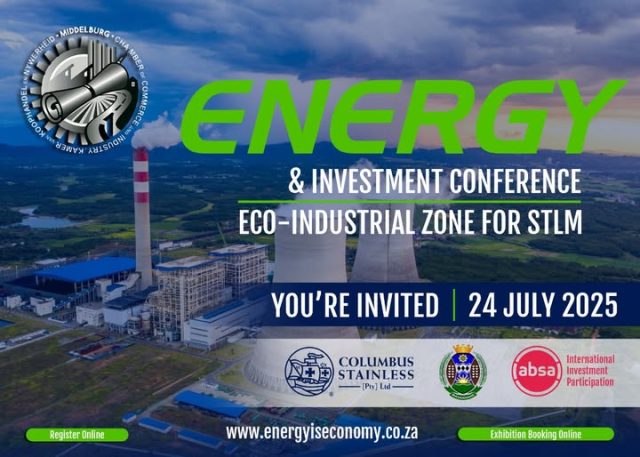
Eco-Industrial Zone – our answer to JET?
Middelburg’s economy, established decades ago, receives little attention from government officials and researchers as offering viable investment opportunities. The Middelburg economy grew annually at 2%, because of the stable and multi-sector economy since 2000. The Komati Power Station closure provides empirical evidence of the negative consequences of using incorrect economic indicators in investment decisions.
Initially, the Just Energy Transition focused on power generation areas like Steve Tshwete (Komati, Hendrina, Arnot) and eMalahleni (Duvha, Kendal, Kriel, Matla, Ga-Nala, Kusile) Municipalities, but in recent years the economies of the areas were dismissed as nominal, or national competencies. Following this, the debates became unproductive, yielding few concrete achievements beyond localised green energy initiatives in areas with limited base-load industries.
The first conference was held to discuss the Just Energy Transition and its impact on the town’s economy. The outcome of the conference was that the importance of baseload electricity and the importance of coal mining was emphasised. In addition, the main stakeholders were only interested in grants to support their projects. The second conference focussed on the green economy, RED zones and Special Economic Zones. Corporate members also presented their green energy projects. The 2025 conference will focus on industrial zones and the opportunities that should be created to grow the industrial investment in our town.
Middelburg has many established manufacturing businesses that have invested in the town in the early to mid-20th century. Companies as Columbus Stainless (Pty) Ltd, Middelburg Ferrochrome and Thos Begbie to be the baseload energy intensive users of Eskom power stations. Other industries such as coal mines, Liberty Coal, Tugela and Seriti also operate in the area to supply coal to the power stations and to export the coal. Another economic sector that should not be overlooked is agriculture and food production, such as Alzu and Twizza.
Industrial spaces often supply no additional services, and existing services may also be of poor standard. Many such spaces are only operated purely from a property management perspective with no additional services on offer, no attention given to clustering or leveraging benefits from shared facilities, value/ supply chains and logistics, for example.
Within the context sketched above, industrial zones cannot continue to function as they always have. For the economy to prosper, there has to be a transition into a circular economy. There are many opportunities that can be developed into sustainable viable businesses.
By establishing an inland port Middelburg’s location, the intersections of the major national roads (N4, N12, and N11) present a unique opportunity. The area offers access to new markets in inland South Africa, Mozambique, and the rest of sub-Saharan Africa.
MCCI has identified three main activities for the next quarter.
- Eco-Industrial Conference – 24 July 2025, partners are Columbus, Absa and Steve Tshwete Municipality to highlight the opportunities and encourage debates about our future.
- The establishment of a Special Purpose Vehicle (SPV), or City Improvement District (CID).
- A shared folder with the various governmental documents linked to development.
- STLM has given their commitment to the proposed project and has identified an area for development.
- Waiting for the link of the share folder of the documents needed for investment.
- The DTIC has also committed technical support on the establishment of our Eco-Industrial Zone proposal.
MCCI urges the business community to participate in the debate and attend the conference, we need to find a solution together. Visit energyiseconomy.co.za for more information or to book your seat.


